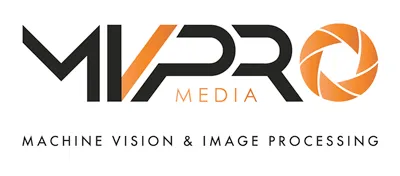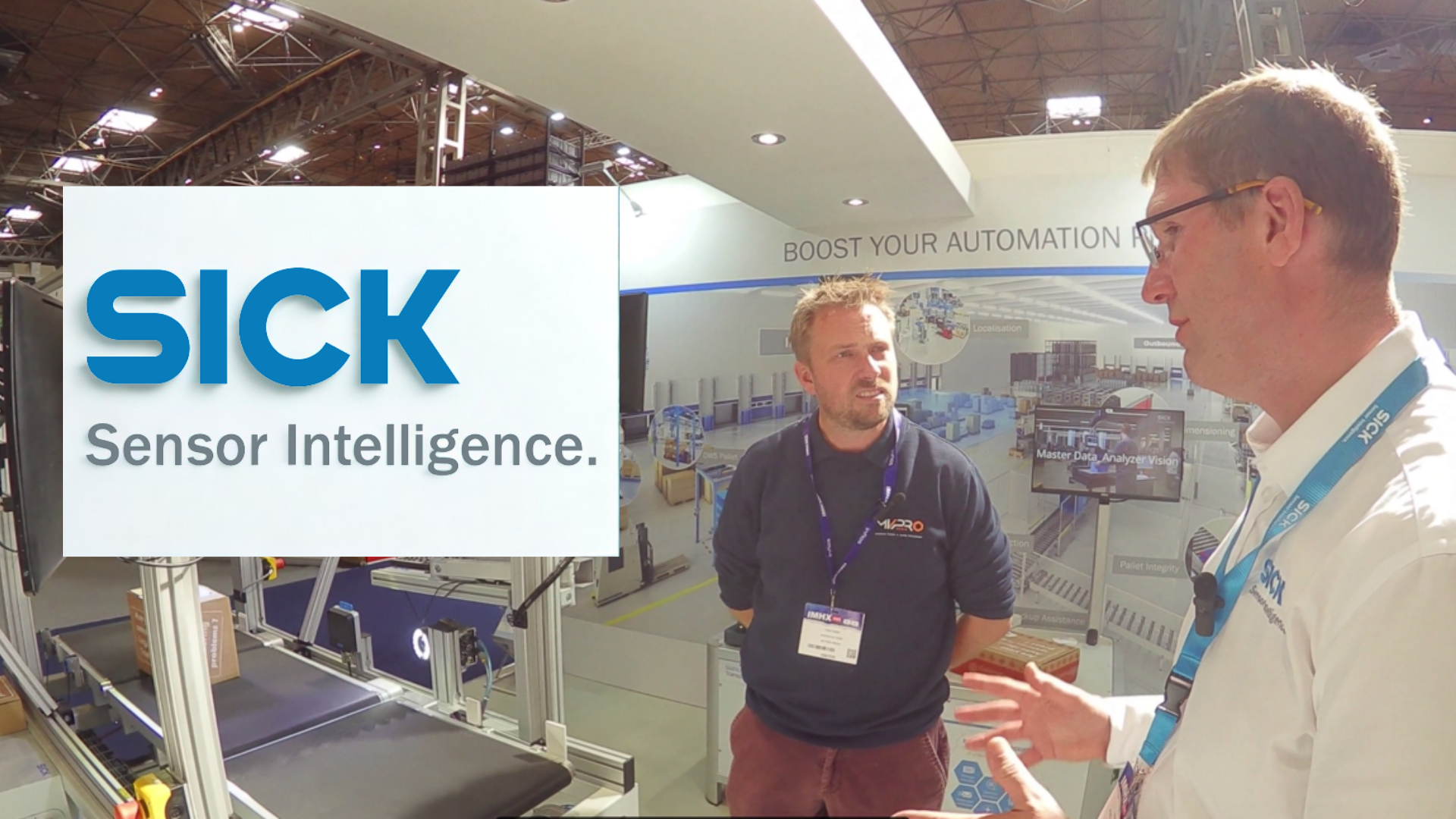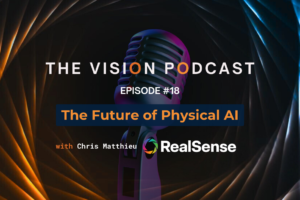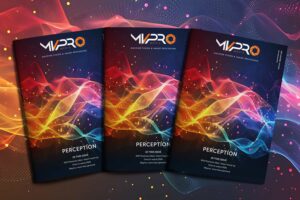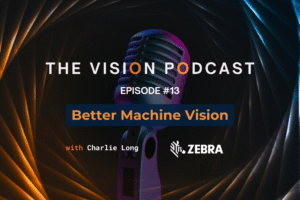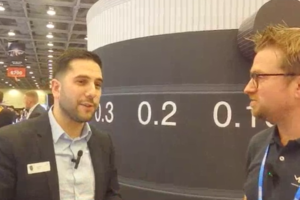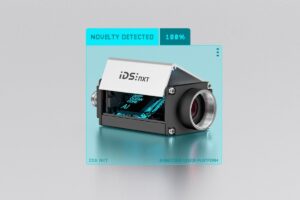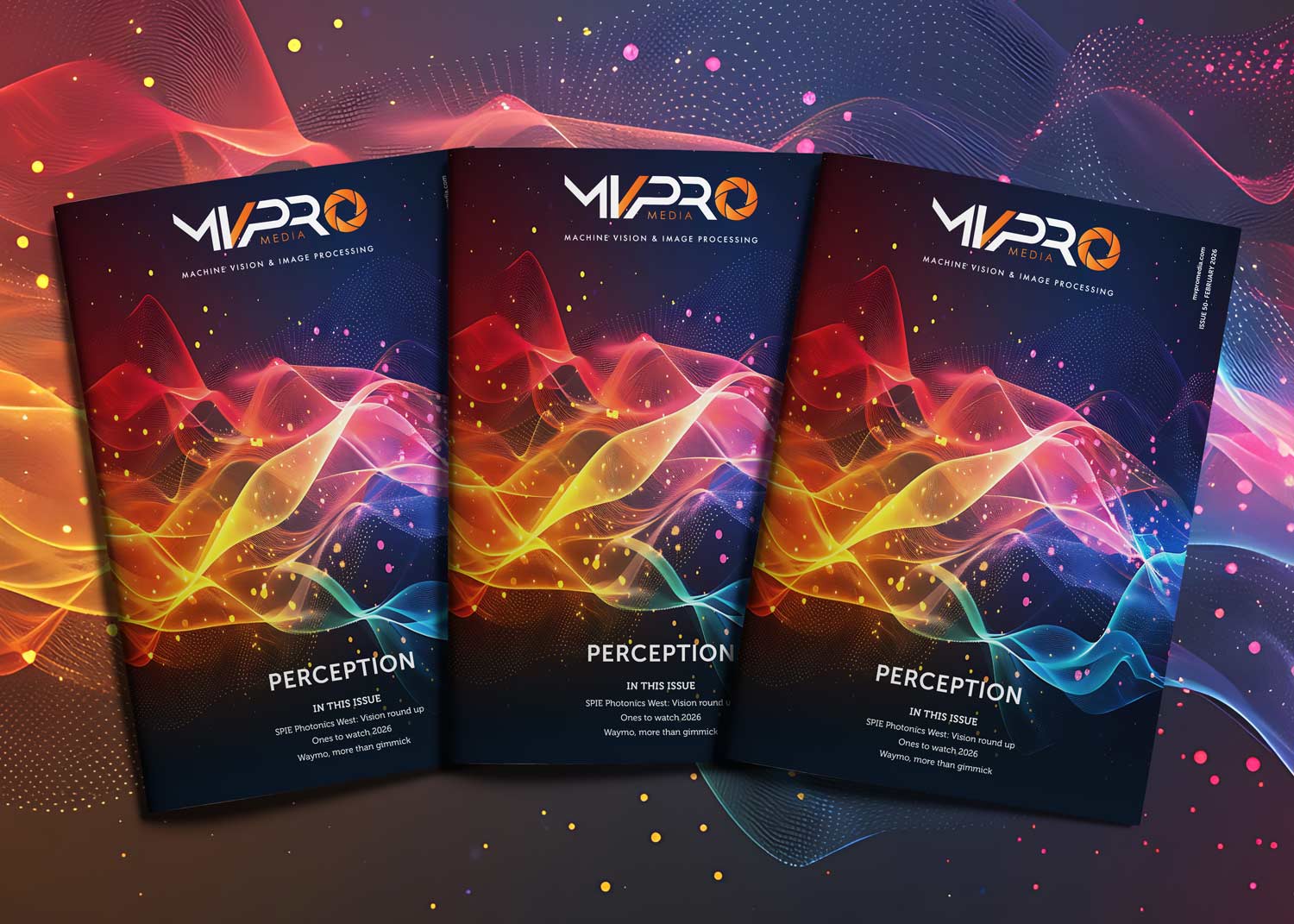Welcome back to our exclusive CEO interview series! This time, we are joined by Tapio Kallonen from Specim, Spectral Imaging.
Tapio reveals Specim’s journey to becoming a top player in the hyperspectral imaging market, discusses Specim’s most successful products and outlines what sets his company apart from the competition.
1.) Could you tell us a little about Specim and your journey to becoming the CEO of the company?
Specim is the global leader in spectral imaging devices and software based in Oulu, Finland. Specim is part of Konica Minolta Group, and I work as a member of the Global Management Committee at Konica Minolta Sensing Business Headquarters.
I hold a master’s degree in Electronics and Electrical Engineering from Aalto University (Finland). I have also completed the Executive Training Programme at SOAS University of London and Waseda University (Japan). Just recently in early 2024, I finished my Global Executive MBA program at INSEAD, France.
Before joining Specim in 2018, I worked as Vice President of sales and Marketing in a company designing, manufacturing, and selling high-tech LED-based lighting solutions in various B2B verticals.
2.) What has made Specim so successful?
Specim is the world’s leading manufacturer and designer of powerful, hyperspectral imaging technology, that allows users to see the invisible. Hyperspectral imaging is a completely non-destructive way to identify different materials or define their properties. Since every material and compound reacts with light differently, hyperspectral imaging provides individual spectral signatures that can be used to identify materials. Hyperspectral imaging enables the identification, mapping, and separation of materials by their chemical or colour differences even if they would look identical.
Specim has been working in this field for nearly 30 years and has its HQ in Finland, and sales offices in the US, China, and Germany. We sell and deliver our products worldwide to all continents both directly and through the worldwide distributor network. Specim is the pioneer and leading provider of hyperspectral imaging solutions in the world.
We offer the broadest range of hyperspectral cameras, from VNIR, NIR, SWIR, MWIR and to the LWIR spectral range, for different applications and operating environments. Compared to the main competitors in the market, Specim has established the strongest position in terms of global reach and industrial scalability. We believe that hyperspectral imaging will be one of the dominant optical measurement technologies to be used in various industrial applications in the future. Specim is the number one choice when it comes to demanding industrial inline applications where the products have been optimised.
Specim provides industrial hyperspectral cameras, optical components, and accessories to companies such as machine builders, machine vision integrators, data service providers, production facility owners, and R&D departments. The recently launched SpecimONE industrial hyperspectral imaging platform provides ground-breaking equipment for users to apply the full potential of this technology. SpecimONE allows users to build models and applications, and to run them in real-time in SpecimONE environment helping the users acquire the information they need, on the spot, and with 100% accuracy.

3.) Which Specim products in particular have brought about the most success, and where?
Since 1995, Specim has designed the core technology capabilities in-house and has gained both technical and commercial leadership positions in the hyperspectral imaging world. Step by step, Specim has increased its position in the value chain, from the complex optical components and spectrographs to complete hyperspectral cameras, and then to industrial and scalable value-added platform solutions that combine hardware and software to deliver business value to its customers.
Our most successful products are our FX series hyperspectral cameras specifically designed for industrial machine vision together with the unique SpecimONE platform. One example worth mentioning is our midwave infrared Specim FX50 camera that was just recently launched to the market with upgraded functionalities and features. Black materials are difficult in the recycling process, as the black colour is usually based on carbon which hides all the spectral information until thermal wavelengths.
We took the challenge to develop an industrial thermal range hyperspectral camera, Specim FX50, capable of sorting black plastics, a task that is impossible for most technologies. Specim FX50 has been well adopted in the recycling industry, being one of our success stories from recent years. We see that the camera holds untapped potential in other industrial applications as well.
Specim products are sold worldwide through our extensive partner network. Our main markets include North America, Europe, China, and the rest of Asia.
4.) What are the benefits of using Specim products, both in manufacturing and within your sector?
Specim technology serves various types of industries and applications. We contribute to major megatrends such as sustainable use of natural resources, recycling and reuse of materials. Major machine builders and brand owners trust Specim technology in the fields of waste recycling and sorting, food sorting and quality control, healthcare and pharma, agriculture and vegetation, as well as mineral exploration.
Hyperspectral imaging is a complementary solution to traditional machine vision technologies. With hyperspectral imaging, we can solve inspection challenges that traditional machine vision technology cannot solve and detect materials that have previously remained undetectable. Our SpecimONE platform offers seamless integration to machine vision systems and provides them with the ability to see beyond the visible range.
Specim’s customers have successfully unlocked various types of applications in the recycling and waste management industries. Large throughput, high speed of the material flow and real-time decision-making capability are crucial in any industrial application. Due to hyperspectral imaging capability, a recycling machine is able to sort various different materials on the same production line, including different plastic and textile types, wood, paper cardboard, glass, etc.
In the food product supply chain, hyperspectral imaging technology is applied variously. During the processing and packaging phase, detection of foreign objects, measuring fat or moisture content, or inspecting that package sealing does not have any leaks, are typical applications of Specim technology, even though difficult or even impossible task to many other technologies.
A typical customer for Specim cameras is a machine builder or integrator, who provides sorting or quality inspection machines to major food industry brand owners. Hyperspectral imaging is an extremely versatile technology. In the food supply chain, we contribute not only to food sorting and quality control but also to the farming and production phase. Yield quantity and quality estimation, plant disease detection, and efficient and sustainable use of fertilisers are all applications that can be solved with Specim technology.
Another important application field is geology and mining, where sustainable and efficient use of raw materials plays a major role. Hyperspectral imaging is used to map the mineral deposits in detail, and this information is to help decision-making when planning the mining sites. Hyperspectral imaging technology can be also applied for more efficient control of the raw material streams of the mining industry. Major international mining industry players trust Specim’s technology and solutions.

5.) Do you have any predictions regarding the future of hyperspectral imaging?
Hyperspectral imaging is inevitably establishing its presence in many new machine vision applications in the coming years. The technology has proven its usefulness for years in applications such as recycling and food processing but there are constantly new use cases popping up, and more and more industrial players can leverage the power of hyperspectral imaging.
Nowadays it goes without saying that AI-assisted tools will play an important role in the machine vision space, and this will further unlock new use cases for many companies.

Tapio Kallonen holds an MSc in Technology from Aalto University, Finland. He has completed his studies in Universidad Politécnica de Valencia, Spain and Waseda University, Japan.
Tapio Kallonen has successfully worked as Sales Director at Obelux Oy, a Finnish globally operating manufacturer of LED aviation lights for professional use. Many of his commercial initiatives and operations have spurred the company for rapid growth and excellent profitability in a short time frame.
